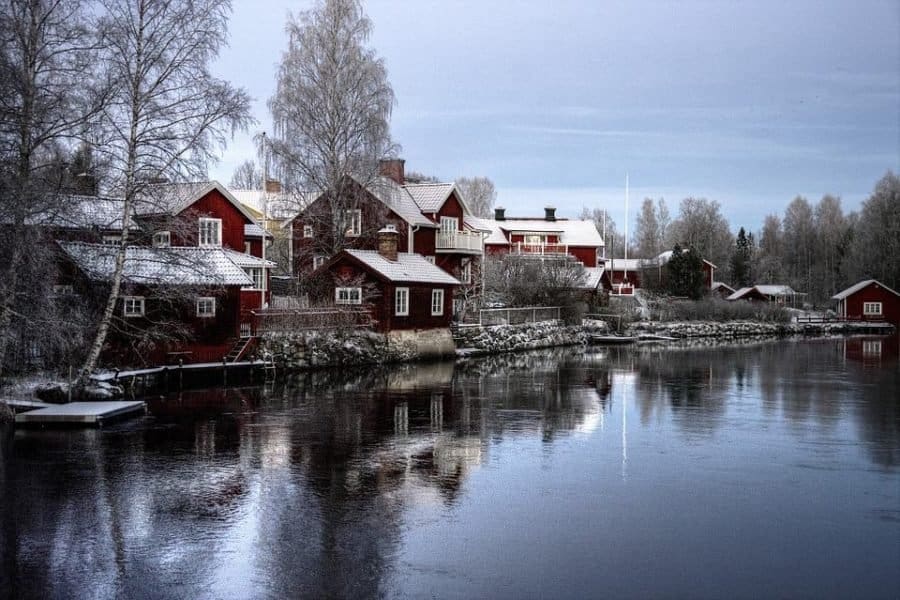In a new study, Lund University economic historian Erik Bengtsson debunks the myth that Sweden was destined to become a social democratic country. Instead, he argues that it was actually against all odds, as Sweden in the early 1900s was one of the western world’s most unequal countries – and the least democratic in western Europe.
Has Sweden always flown the flag for equality and welfare? No, that is a misleading, romanticized picture, according to Erik Bengtsson from the School of Economics and Management at Lund University in Sweden.
“Sweden is romanticised internationally as the small country in the north that took the lead in equality because of a tradition of independent farmers and a lack of nobility. The only problem is that this is a complete fabrication. There is a wish to believe that Sweden was a unique, idyllic land, but that’s wrong.”
Instead, Bengtsson shows, among other things, how the temperance movement’s strong organisational culture and the free churches formed the basis for the Swedish welfare state in the late 1800s. This helped to educate the future social democrats, whose party, formed in 1889, grew strong rapidly and gained many members who defined themselves as working class.
“It was a method for organising people that proved to be successful and was the reason that Sweden became the world’s strongest social democracy. It was very simple: If there is a strong organisation that wants to have an equality model, you get an equality model”, says Erik Bengtsson.
Ethnologists usually describe Swedish stories of Swedishness as an echo chamber. The assertions are repeated again and again, but they actually originate from the same questionable sources.
“The story of Swedish democracy stemming from the farmers is a good one and perhaps we would prefer to see ourselves linked to happy people in folk costumes, rather than impoverished peasants. However, it’s our job as historians to slow things down a little, shift the debate and show how this narrative is deficient”, says Erik Bengtsson.
In the essay “The Swedish Sonderweg in question: Democratization and inequality in comparative perspective”, recently published in the journal Past and Present, Erik Bengtsson also highlights another aspect as to why Sweden from the 1930s until the early 1980s became the model for a social democratic country.
“Sweden was the least democratic country in Western Europe in the early 1900s. Almost no one could be involved in politics, and very few could vote. This meant that a large proportion of the population could reach a consensus that another type of order was possible. We had a political world in which nearly the entire population was posited against a small elite, and when the people gained power it created a political dynamic with a strong popular alliance for democracy and equality”, says Erik Bengtsson.
Today, Sweden is the eleventh most equal OECD country, overtaken by all the Nordic countries as well as Slovenia, Belgium and Austria. The welfare state’s redistribution of wealth policy has diminished so much that researchers now question whether Sweden is still a “social democratic model”.
“There is no continuity in Swedish history – equality is not based on our culture. This research shows that it is a fragile construction that we can lose or is subject to change, and not eternal and unconnected with history”, concludes Erik Bengtsson.


